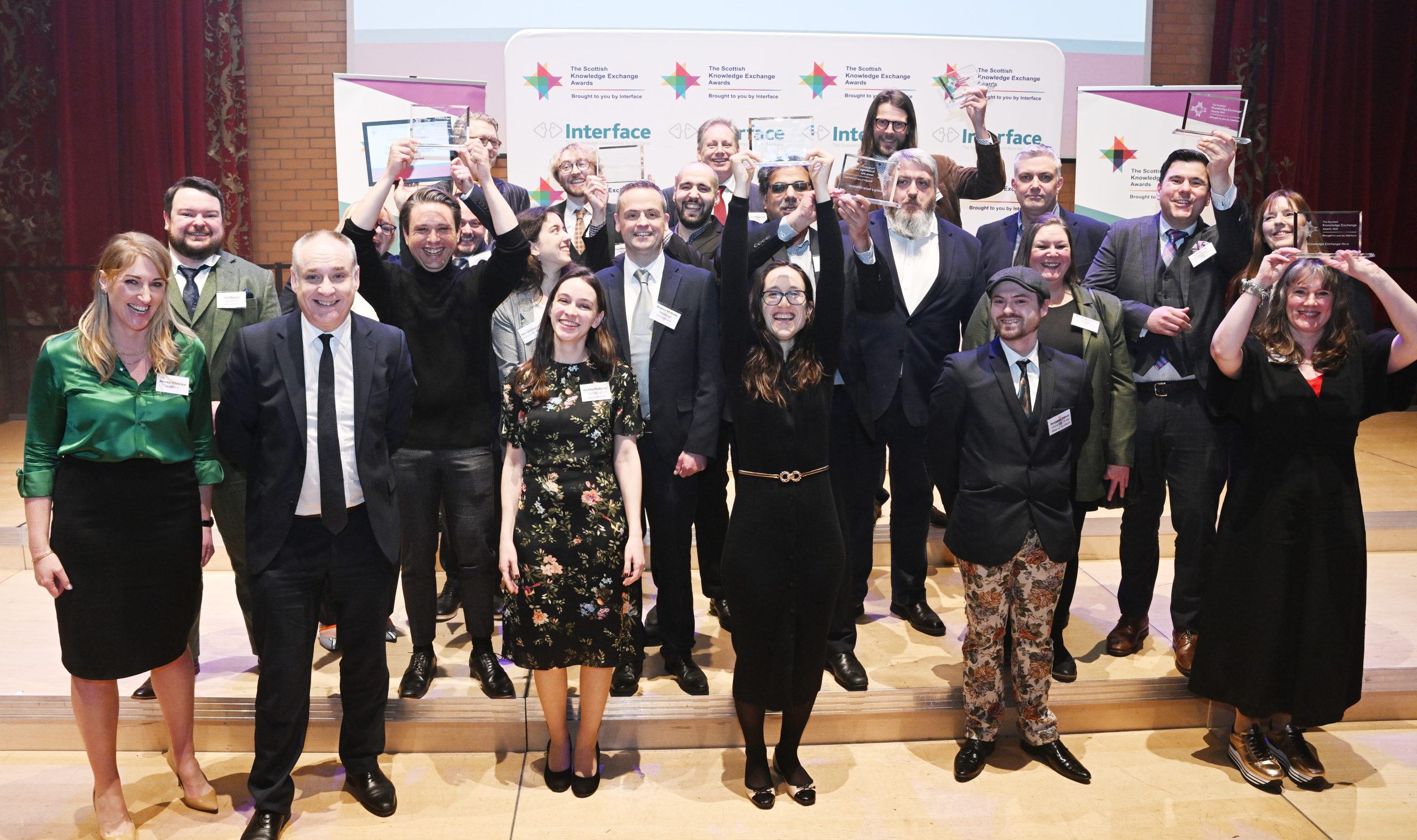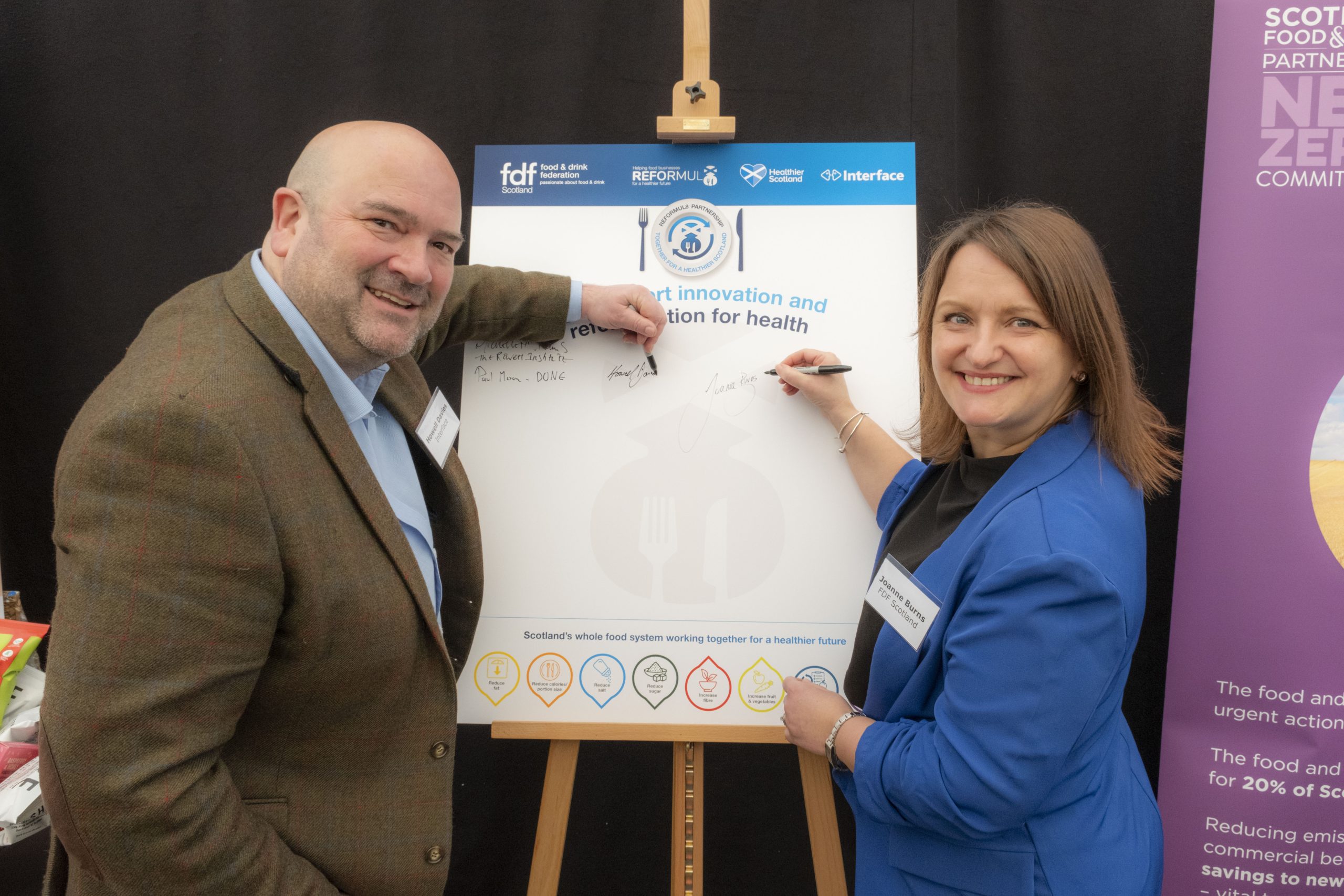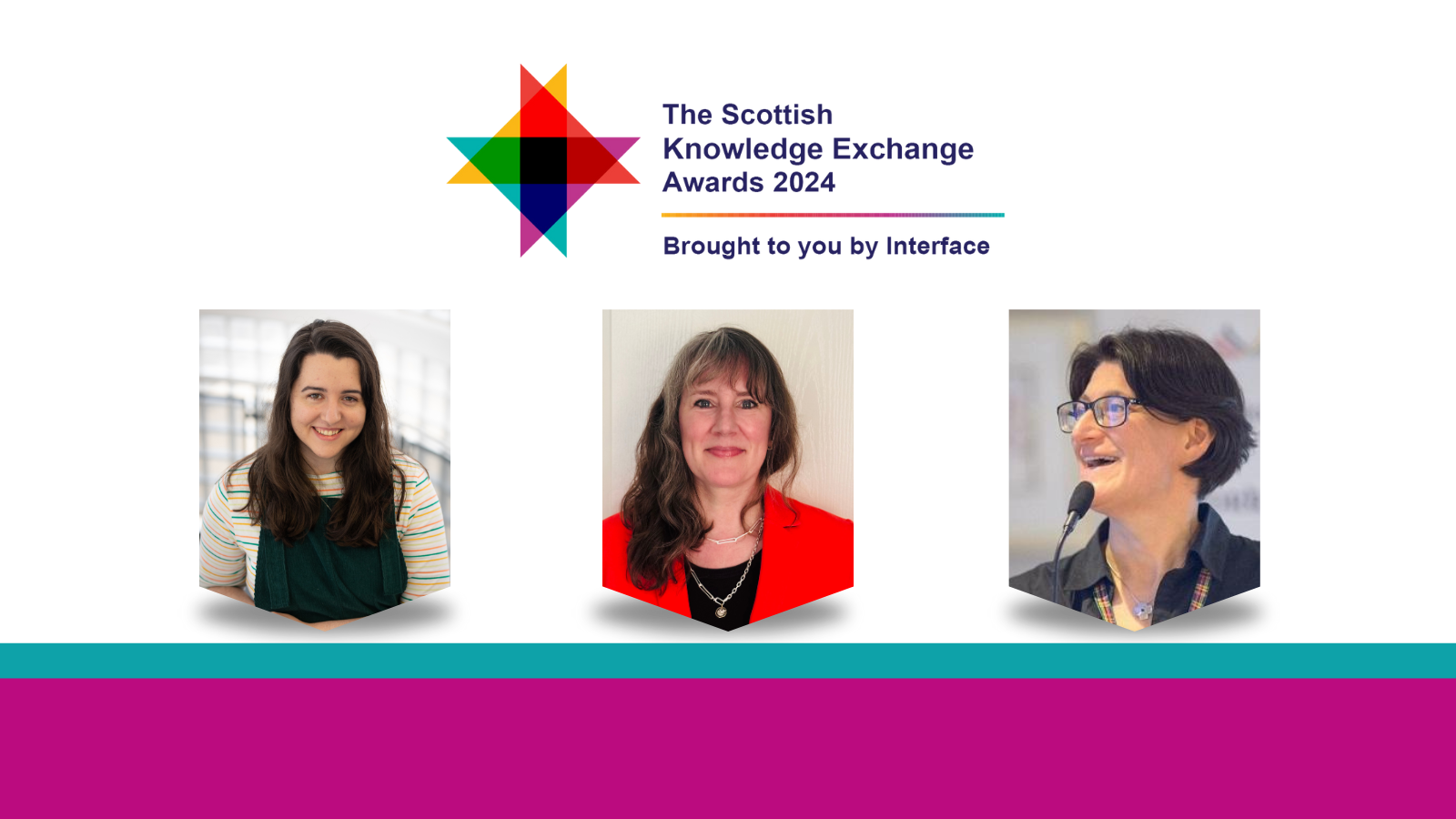Post
Fresh eyes, fresh thinking - how students are shaping business success

Businesses of all shapes and sizes are discovering the benefits of working with students from Scottish universities through tie-ups which bring fresh thinking to tackle workplace challenges.
And it appears that it’s a win-win situation as almost 60% of the students go onto employment or secure additional work with those companies.
Lack of resource or money often means that an idea stays an idea, even if it hinders business growth.
But thanks to a number of initiatives linking businesses with universities, working with Scotland’s top-class graduates and students from a diverse range of disciplines is bringing new skills into the workplace.
For companies that have been established for a year or longer, University of Edinburgh’s Enterprise Consultancy Project could provide a good solution.
An individual or team of undergraduate students studying entrepreneurship undertake an 8-week project, for free, which addresses a particular business hurdle. Market research, identifying new customers or suppliers, analysing the impact of new legislation or regulations, or business planning can all be carried out for the business.
One business to benefit from this initiative is Acting Up, an Edinburgh-based company set up in 1997 by actress and writer Emma Currie to tackle behavioural change in the workplace, particularly among hard-hat wearing employees, through film and theatre.
Emma took on Emmanuelle Sangster, a business student at Edinburgh University doing an MSc in human Resources for a short-term project. However, her skill-set proved so useful she helped with other aspects of the business and has been offered part-time employment once she graduates this autumn.
Emma explained: “Having Emmanuelle work with us has given my business access to Generation Y skills that I would not otherwise have sought out. I imagined that the company needed someone with more experience, but I realised how differently younger people can think. As well as doing her dissertation, Emmanuelle has been helping with our newsletter, which we were struggling with technically. She had it sorted within 20 minutes.
“I decided to take Emmanuelle on two days a week once she has graduated. It really was a great way to “try before you buy” for my business.”
Willie Biggart, Chairman of Spoonfed, an online management software application for drop off caterers and restaurants, tells a similar story.
“Chih-wei Chou came to work with us on her dissertation on international marketing for her MBA, looking specifically at the Taiwanese market, which we wanted to explore. She came to the conclusion that it was a market for Spoonfed and identified other markets too.”
Chih-wei went on to complete a 12-week project with Spoonfed handling international enquiries, and is now the permanent International Business Development Manager.
“Doing this allows us to work with potential employees, for them to get a good feel for us, and us for them.
“It’s also an opportunity to invest in people and we realised that we needed to have the resource to handle proper development. It’s a win-win situation,” Willie added.
Livingston-based start-up Cobra Simulation makes hardware and software technology for training. It has benefited from the input of two student teams – and filled a key senior position as a result of a collaboration with engineering students.
Managing Director, Alexander Bradley, said: “We were allocated four students to develop a solution which they produced over six months. Their creative input was a huge bonus. We were recruiting for a technical sales executive at the time and out of the relationship with the university we found someone who started with us recently.”
A second project with MBA students brought experienced professionals to the table from established businesses, and prompted Alexander and his team to reposition the company.
“They pulled the business apart – in a positive way – and understood our challenges, and that led to an expanded team, a newly structured website, new business and a completely different outlook for us.
“The students helped me to adapt as a business owner who really did everything, from being a designer to attending events. They brought fresh brains and thinking to our business when I was stuck in a rut. It’s been invaluable and had a big impact.”
Santander bank recognised that small businesses are key to economic recovery – and contribute significantly to UK employment. The Santander Universities SME Internships programme has proved hugely successful, linking 4,000 final year undergraduates and recent graduates to businesses for fixed-term projects lasting 3-6 months. The business and Santander contribute financially to enable the internship to go ahead.
“It’s a mutually beneficial partnership, with graduates gaining invaluable experience in the workplace, and SMEs accessing talented and ambitious graduates,” explained Simon Bray, Managing Director, Santander Universities UK.
Edinburgh University has placed over 100 students in the last two years with SMEs through the Santander scheme – last year half of the internships led to full or part-time roles or extensions to their original internship.
The University’s Internships Manager, Jennifer Dixon, said: “We tend to work with a number of start-up and high potential growth organisations in the Edinburgh area and really enjoy developing relationships with theses SMEs.
“The SMEs seem to really benefit from the simplicity of the Santander process and engaging and working with our final year students and recent graduates.
“It is a great opportunity for students and graduates to experience working for an SME and gaining an understanding of the benefits and drawbacks of this sector. However, we do find the majority of students and graduates love the dynamic, flexible environment where they can gain a multitude of experience and responsibility in a very short time, compared to working for a large organisation. We also find SMEs are more interested in the students’ attributes and work ethic than necessarily the perfect skill set which provides opportunities for our students and graduates to gain meaningful work experience.”
Louise Arnold is a Business Engagement Executive at Interface, a free service which matches businesses to academic expertise. She has been spearheading Interface’s drive to connect SMEs with students through a number of initiatives.
“There are great opportunities for businesses to gain additional support, at low cost, or co-funded which could make the difference between hiring an intern or not.
“The feedback we get from both businesses and universities is very positive with the businesses often delighted at the progress made and discovering additional benefits of working with students.
“I would encourage any business to have an initial conversation about the other opportunities of working with universities and discuss what could benefit their business. Working with students often opens the door to more businesses-academic partnerships.
“We know from our research that a lack of time or resource can prevent businesses from developing products and services and moving their business forward, so this could be a solution they may not have considered.”
Deadlines for some of the initiatives mentioned above are in August, with projects starting in September, whilst others are open all year round.
More information about University of Edinburgh’s involvement in the Santander Universities SME Internship scheme can be found at http://www.ed.ac.uk/schools-departments/careers/looking-for-work/interns…
To discuss all opportunities for business working with students please contact Interface interface-online.org.uk Tel. 0845 013 0536.



